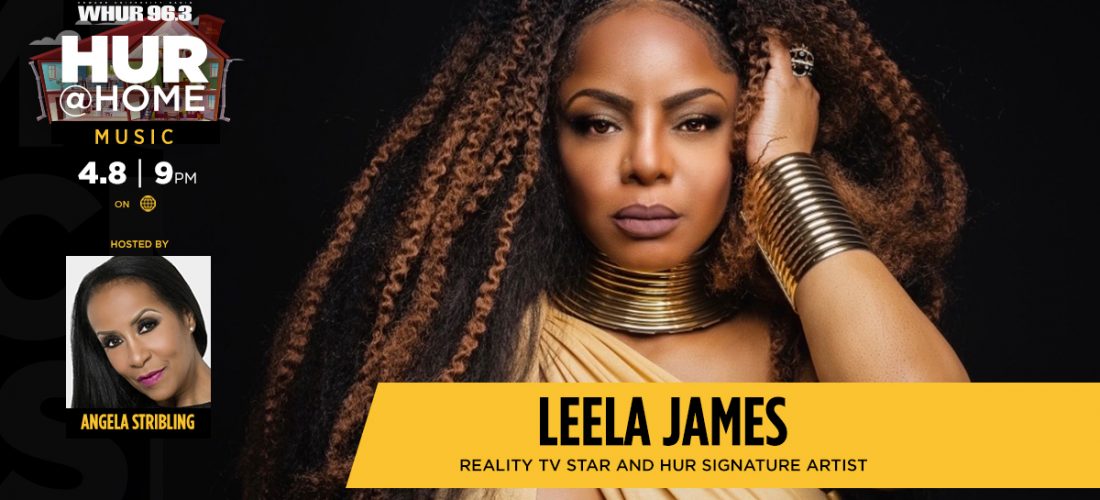

In rock music they're often called "power chords". A huge number of songs, especially in pop and rock, have been written using only those three chords. Major chords sound solid, happy, and satisfying. You can read more about scales elsewhere.) Those six chords areĪs you can see, three of those chords, I, IV, and V, are "major" chords, and are named using upper-case Roman numerals. (The "key of C" just means we're using an octave that starts with C, so we don't need to use any sharps or flats to build our chords. To write songs that Don't Suck, we'll be working with only the six standard chords in the key of C.

We won't get into that here, but you can read more about intervals if you like. The names depend on the distances, or intervals, between the three notes in the chord. There are all kinds of chords: major, minor, 7, 9, suspended, augmented, diminished. Some combinations of notes sound especially good together, and have special names. If you'reinterested in more information, follow the links to other pages.Ī chord is three or more notes played at the same time. I'll be glossing over a lot ofdetails, and skipping most of the technical terminology. We'lltake just the tiniest sip of music theory. A very little music theory: ChordsThis is a very practical guide to writing a song that Doesn't Suck. If you have a few very good friends who are expert sight-singers, that'll work. If you play piano or guitar, you can use that instead. Melody Assistant and mTooth both play the songs you're writing.

You can also use mTooth, which lets you either write the notes in its own specialized text notation (the one used by the Clan Lord game) or convert a MIDI 0 file (like that exported by Melody Assistant) to the format it wants.
#Too complicated song for mac#
I'm a big fan of Melody Assistant, a shareware program for Mac and Windows that lets you drop notes on a musical staff with your mouse. Some way to keep track of what notes you're putting where.Beethoven did it, and you're welcome to try, but it probably won't be the most fulfilling hobby you could choose.
#Too complicated song how to#
With apologies to Deaf readers, I just don't think I can explain how to write a song that sounds good without being able to hear it. Okay, let's get started! Stuff you'll needThere are a few things you should have handy in order to write songs. They may even be good enough to qualify you as a bard. They'll probably be good enough to qualify you as a Clan Lord bard quester, if you want to be one. And that's a good place to start! They'll sound nice. :-)But you'll be able to write songs that Don't Suck. You might not even be competing with Coriakin. You won't be competing with Mozart by following these rules. This guide won't teach you how to write a masterpiece. Songs that Don't SuckNow, I'm not going to kid you. I'll be referring to some instruments and tools that Clan Lord bards use, but you certainly don't need to play Clan Lord to find this page useful. Incidentally, this guide was written for people who play Clan Lord, a multiplayer Macintosh game in which players can become " bards" and play music they've composed in the game. You listento the radio, hum along, maybe find bits and pieces of tunes runningthrough your head, but you don't know much music theory (or any!), and tryingto turn your five catchy notes into a whole song (that doesn't suck) looks hard. Baraboo's Guide to Writing Songs That Don't Suck (Links below open new windows.) So you want to write a songSo you want to write a song, but you don't know where to start.


 0 kommentar(er)
0 kommentar(er)
